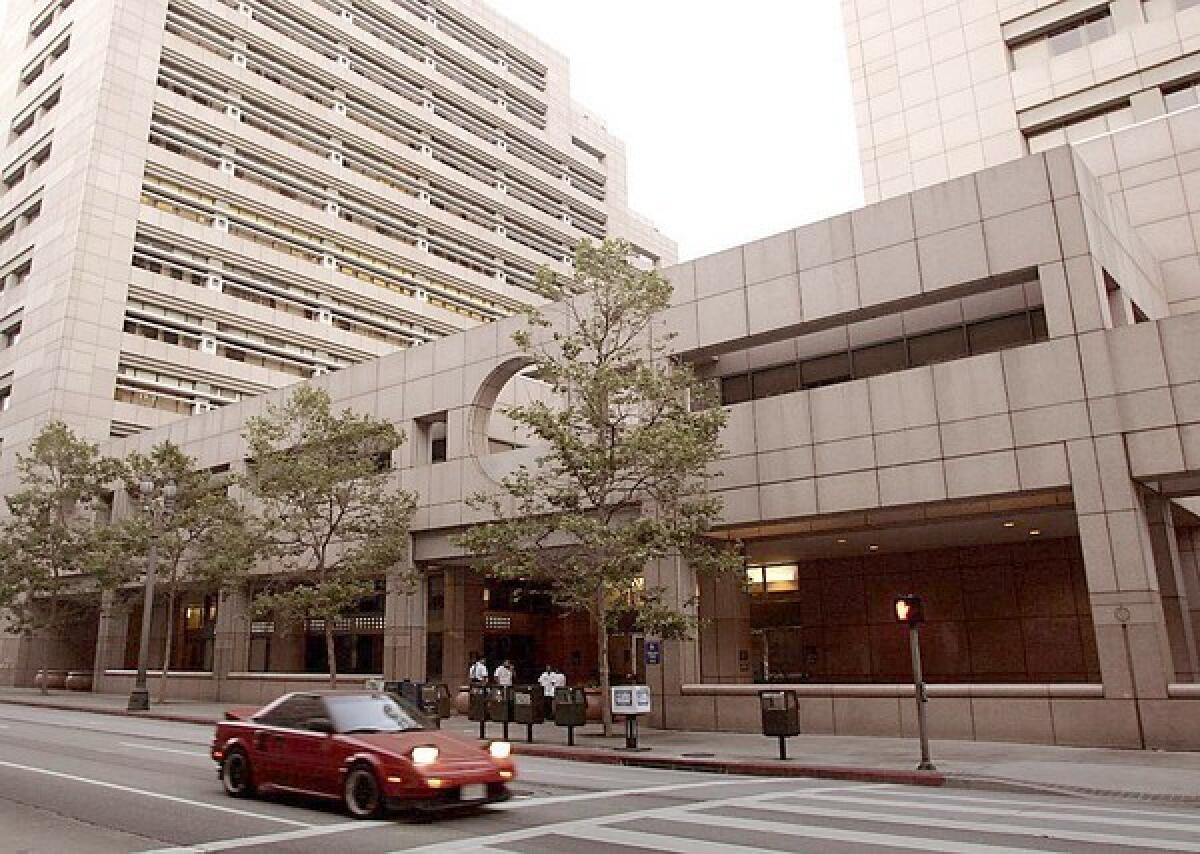Former LASD psychologist convicted of child molestation denied appeal

Michael Dane Ward, who lived in La Cañada Flintridge when the incidents occurred, sought a new trial based on the ineffectiveness of his counsel but was denied.
- Share via
A state appeals court on Tuesday upheld the conviction of a La Cañada resident and former sheriff’s psychologist convicted of molesting two young children from 2013 to 2015 and sentenced last year to life in prison.
Michael Dane Ward, 47, was charged in 2016 with 10 felony counts, including four counts of lewd acts on a child, two counts of forcible lewd acts on a child under 14, three counts of oral copulation of a child 10 years or younger and one count of sodomy with a child under 10.
The victims, a boy and a girl, were both under the age of 10 at the time the assaults occurred, between October 2013 and November 2015. A trial court sentenced Ward in January 2018 to 28 years in state prison plus 70 years to life.
In his appeal, Ward contended the court abused its discretion by admitting videotaped interviews of the victims, which he claimed were “unreliable and untrustworthy.” He also maintained his counsel rendered ineffective assistance by failing to ask that portions of the tapes be redacted.
Justices for the California 2nd District Court of Appeal determined redaction would not likely have made a difference in the matter.
Ward further challenged the counts against him, claiming multiple charges against the male victim were not established in trial testimony and that the court erred when it allowed expert testimony about Child Sexual Abuse Accommodation Syndrome — which posits repeatedly abused children learn to accept the situation as a survival or coping mechanism — as it was too broad in scope.
Although Ward moved for a new trial based on the ineffective assistance of his counsel after the trial court jury returned a guilty verdict, the appeals court decision explained that was not a statutory ground for a motion for a new trial.
“A trial court may entertain a motion for a new trial based on ineffective assistance when its own observations of the trial will allow it to expeditiously resolve the issue,” the appeals court ruling document states. “Where, as here, the motion is based largely on matters outside the trial record, it should be resolved in a habeas corpus proceeding instead.”
Support our coverage by becoming a digital subscriber.
